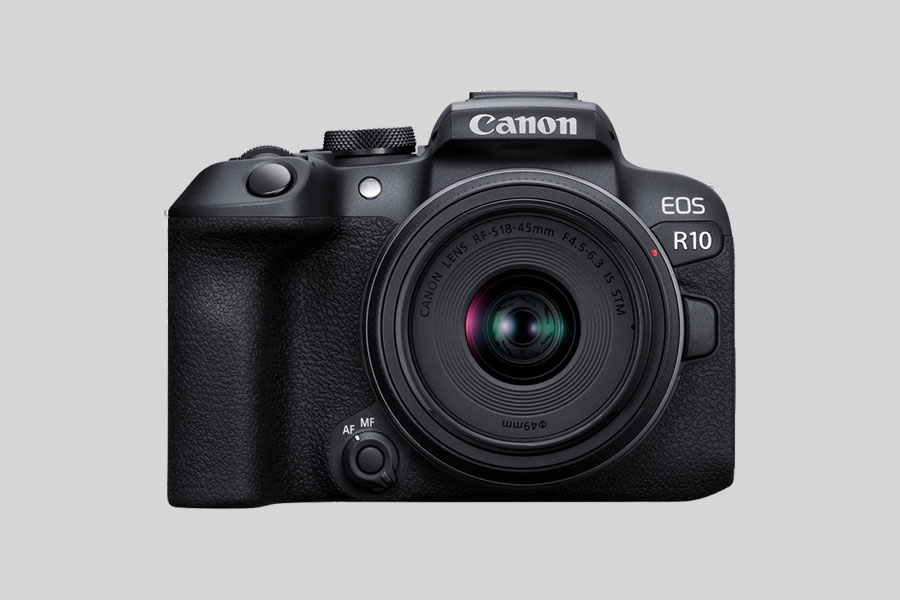
- What are the common causes of photo loss or camera malfunction on an Rover Computers camera?
- Why photos may disappear from a Rover Computers Camera
- Recovering photos deleted from a digital camera
Incorrect use of a camera or a memory card inside it, as well as other unintended actions can make pictures in the memory card to become damaged or lost.
What are the common causes of photo loss or camera malfunction on an Rover Computers camera?
- Memory card corruption: If the memory card in the Rover Computers camera becomes corrupted, it can lead to the loss of photos or camera malfunction.
- Accidental deletion: Users may accidentally delete photos from the camera, leading to photo loss.
- Physical damage: Dropping the camera or exposing it to water or extreme temperatures can cause physical damage that may result in camera malfunction or loss of photos.
- Software issues: If the camera's software becomes corrupted or outdated, it can lead to camera malfunction or loss of photos.
- Battery issues: If the camera's battery is low or defective, it may cause the camera to malfunction or lose photos that were not properly saved.
- Firmware problems: Outdated firmware or a firmware update gone wrong can cause the camera to malfunction or result in the loss of photos.
- User error: Improper handling of the camera, such as turning it off while photos are still being saved, can lead to photo loss or camera malfunction.
Why photos may disappear from a Rover Computers Camera
How can photographs from a digital camera be lost?
Deleting by mistake. This is the most widespread reason why RAW photos or other images are lost.
Formatting or format operation errors. In most cases, photos need to be recovered after formatting a memory card. It happens not only because the photographer formats the card. Sometimes, users see the warning “You need to format the disk” when connecting the camera to a computer.
Mishandled memory card or damaged file system. The file system of an information medium like a memory card can be damaged when it is taken out of the camera or when it is ejected while saving or copying data, and sometimes it can even be damaged by a virus. As a result, you can’t use the memory card or USB drive without formatting it first.
Errors when copying or transferring data from the camera to the computer. Photos can be lost or deleted as a result of a power failure when copying or transferring data from the camera to a computer or laptop.
Recovering photos deleted from a digital camera
How can you recover the lost photos?
Photos lost or deleted from a camera can be recovered until they are overwritten with other files.
In order to recover the lost photos:
-
Connect the camera to the computer with the help of the interface intended for this purpose (USB, micro USB or other).
-
Run Hetman Photo Recovery and select your memory card.
Photo Recovery™ 6.8The program for quickly recovering photos after formatting or accidental deletion.DownloadIf you connect a memory card to the computer while it is still inside the camera, and the program cannot see it, extract the card and try connecting it with the help of a card reader.

-
Double-click on the selected card. “Fast scan” will be a better option if you have deleted the file accidentally. If there are problems with the file system, or after formatting the memory card, “Full analysis” should be the weapon of choice.

-
Specify criteria for file search. In addition to standard settings like file size and date, the utility will offer you to choose file types for searching. There is a special section for RAW files. After all, Hetman Photo Recovery is meant to deal with photo formats, including most of the RAW types.

-
Select the preferred file format to search for, or choose all formats. Click “Next.” It will start the analysis for your memory card (or any other media). Wait until it is over.
When the analysis is complete, Hetman Photo Recovery will show all image files it has found. Click on a file to see its contents in the preview window. You can also have a look in the properties window to see its size, date when it was created and when it was lost or deleted.

-
If you are happy with the scan results, go on to saving the files. However, if you are busy recovering RAW files, here is the point to keep in mind. A RAW file is a large and complicated file containing the maximal amount of data about an image. That is why if the quality of the recovered file is not good enough or it is recovered but it is damaged, sometimes it makes sense to scan the data carrier again. This time, with “All Files” option enabled. As a result, Hetman Photo Recovery may find this photo in JPG or TIFF formats instead of the RAW format, which is absolutely OK. If the medium or images are too damaged, the utility will try to restore their data with signature analysis. It can change the format of a specific photograph, Yet the quality will be good enough when compared to the original file.
-
Select the image files you need to recover and click “Next.”

-
Choose a method to save the files. We strongly recommend against saving them to the same medium you are recovering them from, as It can get them overwritten.
-
Specify the folder to save the recovered files to and click “Recovery.”




